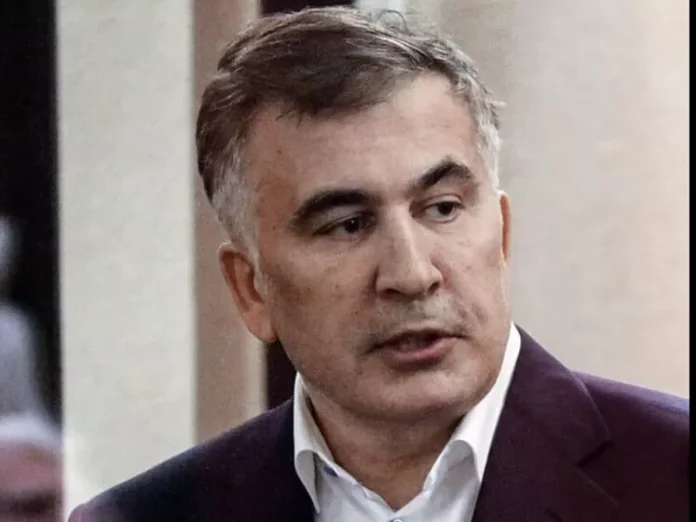Georgia has been making headlines in recent months due to its political turmoil and protests against the government. The country has been in a state of unrest since the parliamentary elections in October 2020, which were marred by allegations of fraud and irregularities. The opposition parties, led by the United National Movement (UNM), have been calling for new elections and the resignation of the ruling party, Georgian Dream.
In the midst of this political crisis, one statement from a Georgian politician caught the attention of many. Giga Bokeria, a member of the UNM, said, «In the past, we used to say that we are not Belarus and we are not Venezuela. But now, we have to admit that the Belarusians have fought more actively than us.» This statement sparked a debate among Georgians about their level of activism and the effectiveness of their protests.
For many years, Georgia has been seen as a beacon of democracy in the post-Soviet region. The country has made significant progress in terms of political and economic reforms since the Rose Revolution in 2003. However, the recent events have raised concerns about the state of democracy in Georgia and the government’s handling of the crisis.
The comparison to Belarus and Venezuela is significant because both countries have been in the international spotlight for their political turmoil and crackdown on opposition. In Belarus, protests erupted after the disputed presidential election in August 2020, and the government responded with a violent crackdown on protesters. Similarly, in Venezuela, the government has been accused of suppressing opposition and manipulating elections.
So, what led Bokeria to make such a statement? It is undeniable that the Belarusian and Venezuelan people have shown remarkable resilience and determination in their fight for democracy. The Belarusian protests have been ongoing for almost a year, despite the brutal crackdown by the government. In Venezuela, the opposition has been organizing protests and pushing for political change for years, despite facing repression from the government.
On the other hand, the recent protests in Georgia have not been as sustained or widespread as those in Belarus and Venezuela. While there have been large demonstrations in the capital city of Tbilisi, they have not been sustained for a long period. The opposition has also been divided, with different parties having different demands and strategies. This has weakened their impact and made it easier for the government to dismiss their demands.
Moreover, the government’s response to the protests has been concerning. There have been reports of excessive use of force by the police, arbitrary arrests of protesters, and restrictions on media freedom. This has raised questions about the government’s commitment to democracy and human rights.
However, it is important to note that the situation in Georgia is not the same as in Belarus and Venezuela. Georgia has a relatively free media, a functioning civil society, and a strong opposition. The country also has a history of peaceful transitions of power, which is a significant achievement in the region. These factors have contributed to a less intense and prolonged protest movement in Georgia compared to Belarus and Venezuela.
Nevertheless, Bokeria’s statement serves as a wake-up call for the Georgian people and the government. It is a reminder that democracy is not a given and needs constant vigilance and effort to be maintained. The recent events have highlighted the need for further reforms and strengthening of democratic institutions in Georgia.
The international community has also been closely following the developments in Georgia. The European Union and the United States have expressed their concerns over the political crisis and called for dialogue between the government and the opposition. The EU has also offered to mediate in the negotiations between the two sides.
In conclusion, the statement made by Giga Bokeria has sparked a much-needed debate in Georgia about the state of democracy in the country. While the comparison to Belarus and Venezuela may not be entirely accurate, it serves as a reminder that the fight for democracy is ongoing and requires the active participation of citizens. The Georgian people have a proud history of standing up for their rights, and it is time for them to come together and demand a better future for their country. The government must also listen to the voices of its citizens and work towards addressing their grievances. Only through dialogue and cooperation can Georgia overcome its current political crisis and continue on its path towards a stronger and more vibrant democracy.

